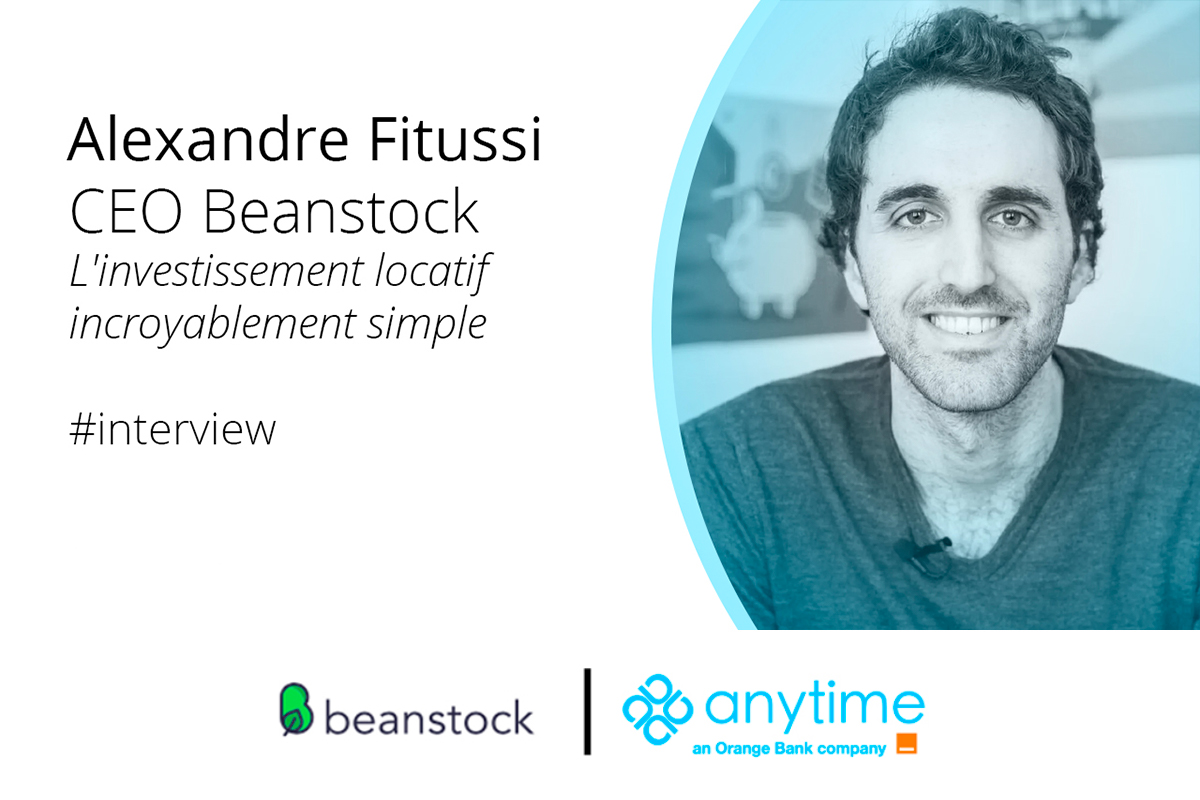
En tant qu'indépendant ou dirigeant d'une entreprise, avoir une bonne protection en cas de problème de santé est essentiel.
L'ambition d'Anytime a toujours été de simplifier la vie de l'entrepreneur, de l'éloigner de la paperasse du quotidien pour le laisser se concentrer sur l'essentiel : son cœur de métier !
C'est pourquoi aujourd'hui, avec le soutien Stello, nous parcourons les étapes essentielles pour assurer sa santé et celle de sa famille lorsqu'on est Travailleur Non Salarié.
Quel type de mutuelle choisir ? 🤔
La première question à se poser lors du choix d'une mutuelle est celle du type de contrat.
Dans le monde des mutuelles santé, il existe 2 types de contrats :
- Les mutuelles grand public, destinées aux particuliers n'ayant pas accès à une mutuelle d'entreprise comme les étudiants ou les retraités par exemple.
-
Les mutuelles d'entreprise, réservées aux professionnels, elles se divisent en 2 groupes :
- les mutuelles collectives qui couvrent les salariés d'une entreprise,
- et les mutuelles individuelles qui couvrent une personne spécifique et sa famille.
Dans le cas d'un TNS, d'un dirigeant, ou d'un travailleur indépendant, il est plus avantageux de souscrire à une mutuelle professionnelle individuelle. Celles-ci sont pensées pour répondre précisément aux besoins de ce type de population.
Comment définir ses besoins de santé ? 🏨
Pour trouver une mutuelle qui correspond à son profil, il est important de commencer par définir ses besoins. Vous pouvez aussi inclure votre famille dans la couverture. Dans ce cas, prenez en compte les besoins du foyer tout entier.
Pour faciliter les choses, nous listons les grands postes de dépenses présents dans tous les contrats de complémentaire santé.
Les postes de dépenses à prendre en compte sont :
-
Les consultations généralistes : ces frais sont les plus courants et englobent les consultations chez les médecins généralistes. Ces consultations vont en règle générale de 25€ à plus de 50€ dans les zones les plus chères.
-
La médecine douce : ce poste de dépense inclut généralement toutes les pratiques ne bénéficiant pas de remboursement de la part de la sécurité sociale. On y retrouve l'ostéopathie, l'acupuncture, la psychologie, la diététique, et la sophrologie par exemple.
- Les spécialistes : ces consultations varient en fonction de la spécialité (pédiatre, cardiologue, psychiatre ou encore gynécologue par exemple) et s'ils pratiquent le dépassement d'honoraires. Si vous avez l'habitude de consulter un spécialiste en particulier, prenez ce coût comme référence.
- Les frais hospitaliers : les frais d'hôpital sont en général un peu plus compliqués à estimer, puisqu'ils relèvent de l'exceptionnel. Un bon indicateur du niveau de frais est le prix d'une chambre particulière. Elle sera facturée environ 50€ à l'hôpital et 100€ ou plus en clinique privée.
- Les dents : les frais dentaires incluent les actes courants comme les détartrages, mais aussi la pose d'implants, de prothèses et de couronnes, ainsi que les éventuels traitements en orthodontie. Il vous faudra un bon niveau de remboursement si vous souhaitez des couronnes céramiques pour les molaires, ou si vous avez des enfants entre 8 et 16 ans (la tranche d'âge habituelle pour la pose d'un appareil dentaire).
- L'optique et l'audition : Sur ce poste, ce sont les dépenses matérielles qu'il est important de noter : verres, lentilles et prothèses auditives. Les montures ne sont pas incluses, la sécurité sociale a plafonné leur remboursement par les mutuelles à 100€.

Comment trouver l'offre la plus adaptée à ses besoins ? ✅
Le plus important lorsqu'il est temps de comparer des offres de mutuelle est d'étudier le tableau des garanties de chacune des offres. C'est cet élément qui détermine le niveau de remboursement pour chaque poste de dépense évoqué précédemment.
Les chiffres indiqués dans ce tableau ne sont pas des montants fixes en euros, mais représentent un pourcentage du BRSS. Le BRSS est la Base de Remboursement de la sécurité sociale. Un récapitulatif est consultable en ligne pour chaque type de dépense de santé.
Ensuite, pour obtenir un tarif précis, il faut procéder au calcul suivant :
-
Prendre en compte le montant remboursé par la sécurité sociale qui est indiqué dans le tableau (colonne "Montant remboursé")
-
Déterminer le montant remboursé au total (sécurité sociale + mutuelle) en multipliant le pourcentage présent dans le tableau de garanties par le BRSS de la sécurité sociale.
Pour vous simplifier la vie, Stello fait cette simulation directement pour vous, pour les frais de santé les plus importants.
👉Moduler mon offre mutuelle indépendant
Quels sont les autres critères d'une bonne mutuelle indépendant ?🔎
Pour être intéressante, une mutuelle pour un indépendant doit comporter un certain nombre de pré-requis :
- Un délai de carence minimal : le délai de carence représente le temps nécessaire entre la souscription et la prise d'effet de la couverture. Une bonne mutuelle bénéficiera d'un délai de carence zéro, c'est-à-dire que sa prise d'effet sera immédiate.
- La télétransmission
- Une interface facile d'utilisation : lors de la transmission de devis ou de factures d'honoraires, il est important que le processus soit simple et rapide.
-
Un contrat dit "Loi Madelin" permet de déduire le coût de sa mutuelle TNS des revenus imposables.

Comment déduire les cotisations de sa mutuelle indépendant ?💰
La loi Madelin permet aux TNS de déduire le montant de leurs primes de mutuelle santé de leurs revenus imposables.
Elle s'adresse à tous les TNS déclarant leurs impôts en BIC ou BNC, et également aux gérants majoritaires concernés par l'article 62 du CGI. Ceci inclut les professions libérales, les exploitants et commerçants, les gérants non-salariés d’EURL, de SARL ou de SELARL, etc.
Il est conseillé de demander à l'assureur si le contrat est éligible à la loi Madelin.
Les auto-entrepreneurs ne sont pas concernés par la loi Madelin, car ils bénéficient d'un régime fiscal simplifié (au forfait, pas en frais réels), mais rien ne les empêche de souscrire tout de même à une mutuelle éligible.
Pour les "assimilés salariés" (dirigeant de SAS, SASU), qui souscrivent un contrat "individuel" le mieux est de consulter son comptable afin de connaître le traitement fiscal exact des cotisations.
Comment changer de mutuelle professionnelle ? 📆
Une mutuelle professionnelle peut être résiliée au bout d'1 an d'ancienneté, et en respectant un délai de préavis d'1 mois.
Pour ce faire, vous devez envoyer un courrier recommandé avec AR à votre assureur ou contacter votre nouvel assureur pour savoir s’il peut s’en occuper à votre place, comme c’est le cas chez Stello !







